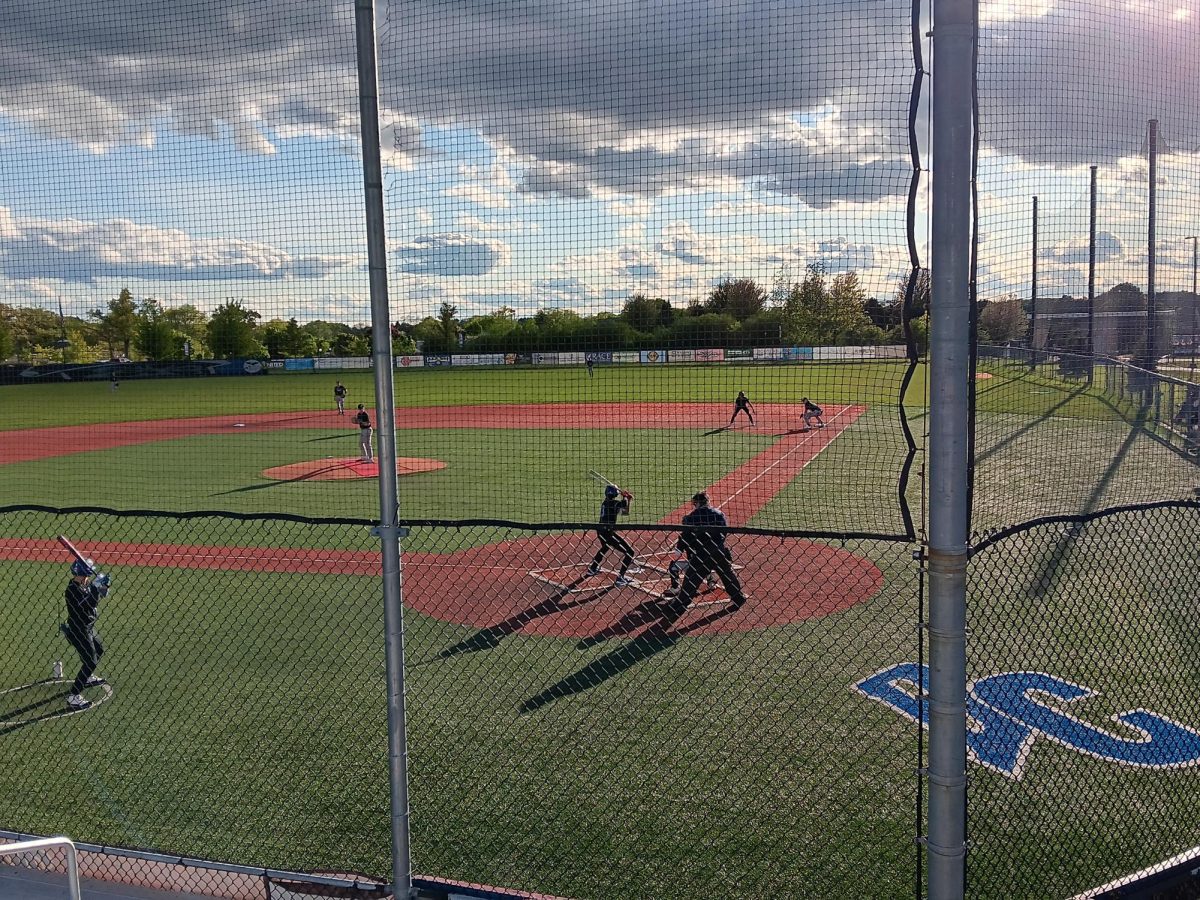For some, this March was just another month on their calendars. For others, this was a time of sacredness, humility, reflection, and generosity. For this group of people, this period is known as Ramadan. Ramadan is a month observed by Muslims around the world. This month follows the lunar calendar, and is considered the most holy month of them all.
Since each lunar month is based on a full cycle of the moon (approx 29.53 days), the lunar calendar is about 11 days shorter than the standard Gregorian calendar that we follow. This means that the month of Ramadan occurs on a different Gregorian month every year. This year, Ramadan lasts from the evening of February 28th to March 29th.
During Ramadan, all Muslims refrain from harmful, indulgent habits such as smoking, partying, laziness, and try to increase beneficial habits. Furthermore, all Muslims (with many exceptions) dry fast from sunrise to sunset each day. Dry fasting means no food and no water during this time. It is believed that dry fasting promotes spiritual purity, as well as gratitude. This is because we tend to snack on food mindlessly, without realizing how much of a blessing it is to almost always be surrounded by different kinds of food.
However, Muslims do so much more than abstain from food and water throughout this month! The overarching purpose of Ramadan is to strengthen one’s relationship with God, and improve your character through discipline, empathy, and gratitude. Along with fasting, Muslims aim to pray more, improve their understanding of the holy book (Quran), increase charity, and so on. Abdulmalek Baitelmal finds this part of Ramadan meaningful, as he remembers “all the potential good deeds that I can earn”.
It is taught that the devil is locked up during this month, meaning any bad deeds come from one’s own character rather than external temptation.
Throughout Ramadan, families participate in several different traditions, for example, Maaria Padela (‘28) states, “we decorate the house and block off a room to be used strictly for prayer, Quran reading, etc.” Along with decor, Khizer Shad (‘28) “gives more charity,” a behavior all Muslims aim to do.
That being said, let’s observe how Ramadan looks for BC students on a daily basis.
Every day of Ramadan begins with waking up before sunrise to eat. Many people eat light, yet fulfilling foods such as yogurt, salads, and plenty of water to stay satiated throughout the day. This portion of the day is called sehri/suhoor. There is a certain time where Sehri ends, this year ranging from 4:58 to 5:56 AM. After this time, one must stop eating and drinking, and prepare to do a short prayer, called Fajr, before heading back to bed/starting your day.
While this is a general look on what happens, the Sehri routine looks different for everyone. Yassin Sayed’s (‘28) states, “I wake up at 4. I eat foul [AKA ful medames, an Egyptian breakfast made of fava beans], falafel, eggs, pita bread, tea with milk. I read Quran after, then pray fajr when it is time.” Kevin Negrete (‘26) has a “water bottle with a liquid IV, an apple and a nutri grain bar. Suhoor is usually very chaotic for me as I rush to eat and drink all of this before Fajr.”
During the actual daytime, one has to keep up with their daily tasks while incorporating the physical and spiritual discipline of Ramadan. During any idle time, people try to do extra prayer, read more Quran, or anything that will spiritually benefit them. Rasha Khan (‘28) tries to “do half of my studying before Iftar and half of it after.” Maaria Padela (‘28) notes that “It was difficult to try and balance both. Personally, I try my best to do really well before Ramadan so I will be in a place where I have some leeway during Ramadan. I think you have to make some Ramadan goals that you need to fulfill (like doing at least a bit of Tarawih every day) and mold the amount of schoolwork you’re doing around that.”
Along with balance, people experience growth during Ramadan. New habits, memories, and goals are made. Yazeed Moolla (‘25) aims to quit “getting angry at my siblings and their shenanigans”. When being asked about improvements, Khizer Shad (‘28) and Rasha Khan (‘28) both created the habit to pray more consistently. Seher Dalvi (‘26) notes that she “didn’t even feel hungry or thirsty last year when it began.”
Once the sun sets, it is now permissible to break your fast. This period of eating is known as Iftar. Traditionally, one breaks their fast with water and a date (the fruit). Other food on one’s table can include other fruit, bread dishes, rice dishes, desserts, and so on. The purpose of this is to feel gratitude towards those who are less fortunate than we are.
After breaking their fast, Muslims spend time with family before heading to the mosque for Tarawih, an optional but highly recommended nighttime prayer. Omar Zaibak’s (‘26) favorite Ramadan memory is bonding with his community through Tarawih sports.
Once the entire month ends, there is a holiday called Eid al-Fitr, where Muslims partake in a special prayer. Then, families and friends get together, bond, give gifts, go out to eat, and much more to mark a celebratory end to Ramadan.
Some advice from Abdulmalek Baitelmal (‘25) for others who participate in Ramadan: “Ramadan is a sprint, not a marathon, it will be done faster than you think, so take advantage of the time you have to do as much good as you can.” Maaria Padela (‘28) advises, “make a goal plan (realistic goals of course) before Ramadan to help structure your time and keep you focused.” Yassin Sayed (‘28) adds, “go to Tarawih and make good habits.”
There are several things Muslims wish that non Muslims understood about Ramadan.
Rasha Khan (‘28) notes, “We aren’t just ‘starving’ ourselves. We can’t drink water. And also we aren’t fasting the entire month [in a row] because that’s just impossible, we still eat everyday.” Yazeed Moolla (‘25) adds, “you only eat when the sun is down, it’s not that hard to understand dude.” Kevin Negrete (‘26) reinforces that “the point of fasting and abstinence is to experience poverty and to show that our love for God is stronger than our human urges”.
This comes to show, the objective of Ramadan is not just fasting, or even just quitting bad habits. Its a time for discipline, community bonding, and spiritual/character growth, which is fostered through abstaining from indulgent behavior, partaking in beneficial activities, and strengthening your relationship with God. By now understanding this, it is easier to understand the motives and respect those who observe the month of Ramadan.






